Tomatoes have long been the darlings of kitchens around the world—roasted, grilled, sun-dried, pureed, or tossed raw into vibrant salads.
But steaming? That’s a technique often overlooked, yet it unlocks a whole new dimension of flavor, texture, and versatility. Steamed tomatoes are silky, juicy, and surprisingly complex for such a minimal intervention.
Whether you’re crafting a light side dish, a hearty stuffed entrée, or even extracting pure tomato juice, steaming offers a clean, nutrient-preserving method that’s as elegant as it is easy.
In this article, we’ll explore the art and science of steaming tomatoes—from basic prep to elevated pairings. We’ll also dive into styling tips for food photography, reel-worthy plating ideas, and even a playful nod to gaming culture for the Zelda fans among us. Let’s get steamy.
Why Steam Tomatoes?
Table of Contents
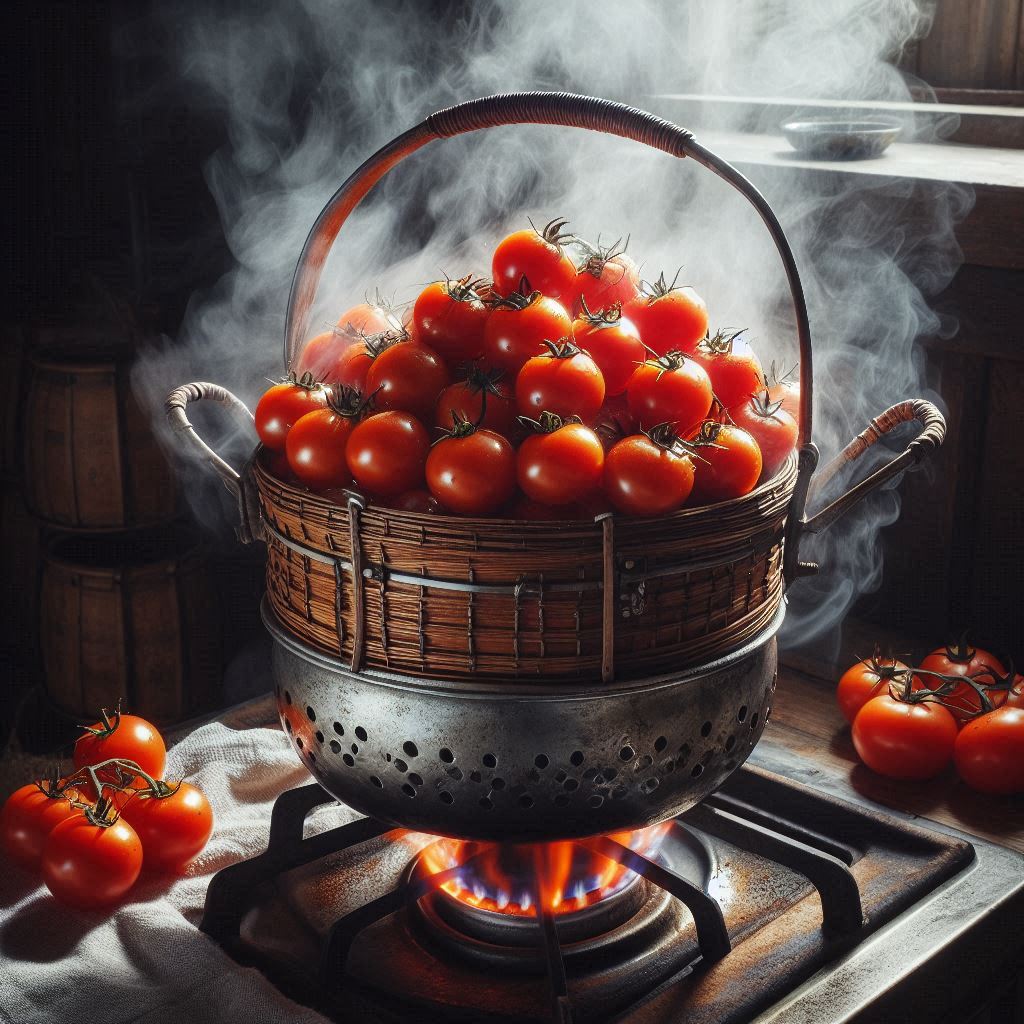
Steaming is one of the gentlest cooking methods. It preserves nutrients, enhances natural sweetness, and softens the flesh without diluting flavor.
Unlike boiling, which can leach out vitamins into the water, steaming keeps everything locked inside the fruit. Lycopene, the antioxidant that gives tomatoes their red hue, becomes more bioavailable when heated—making steamed tomatoes not just tasty, but heart-healthy too.
Benefits of Steamed Tomatoes
• Preserves nutrients like vitamin C and lycopene
• Enhances natural sweetness
• Softens texture for sauces, salads, or stuffing
• No added fat unless you choose to drizzle post-steam
• Quick and clean—no splatter, no fuss
Prepare The Tomatoes Before Steaming
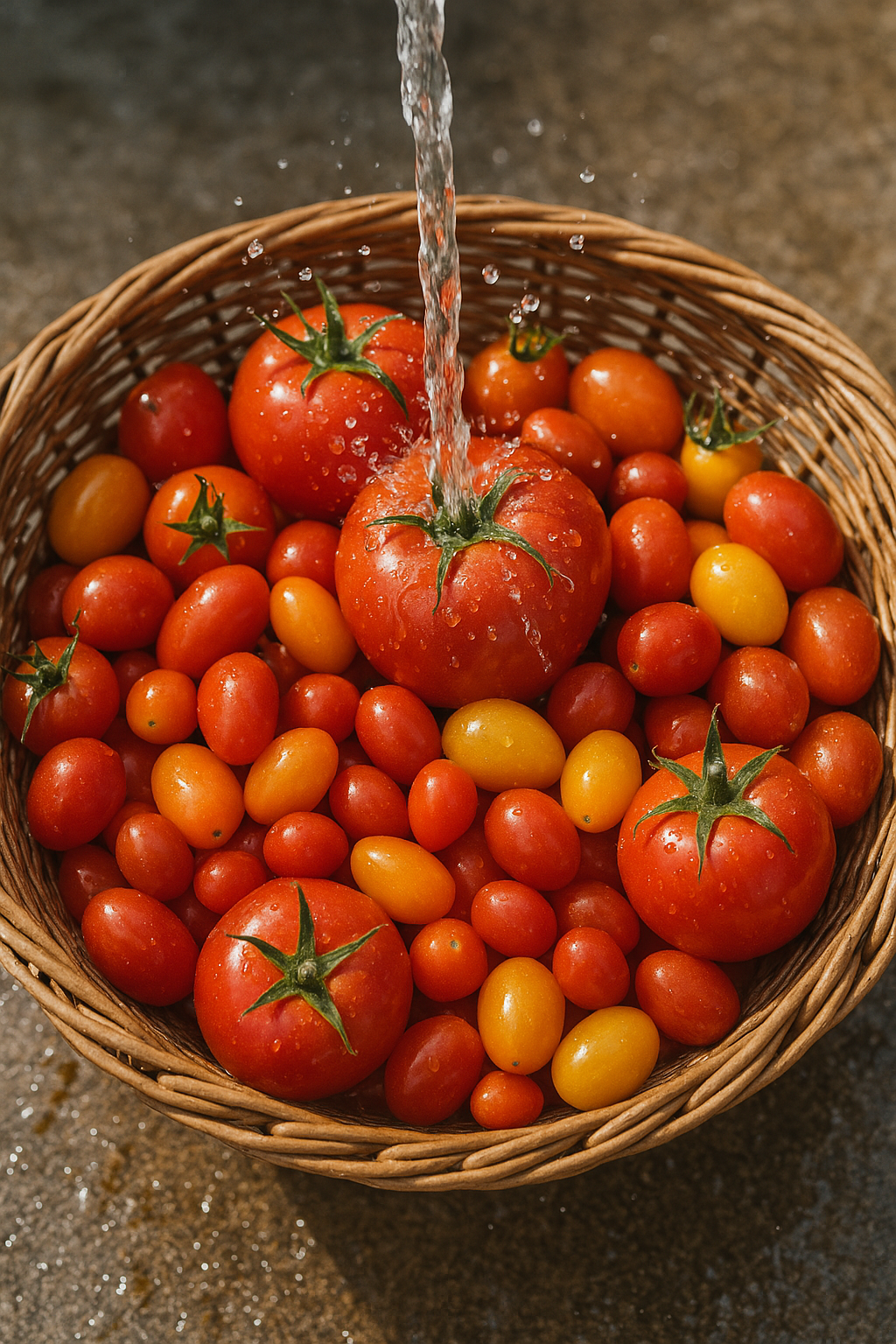
Before you steam, a little prep goes a long way. Choose ripe but firm tomatoes—cherry, plum, or heirloom varieties all work depending on your goal.
Basic Prep Steps:
1. Clean thoroughly and pat dry.
2. Score the skin with a shallow “X” on the bottom if you plan to peel them post-steam.
3. Core if stuffing or leave whole for juicing or slicing.
4. Season lightly with salt or herbs if steaming directly in a basket.
For stuffed tomatoes, scoop out the pulp and reserve it for sauces or broth. The hollowed-out shell becomes a perfect vessel for grains, meats, or vegetables.
Simple Steamed Tomatoes
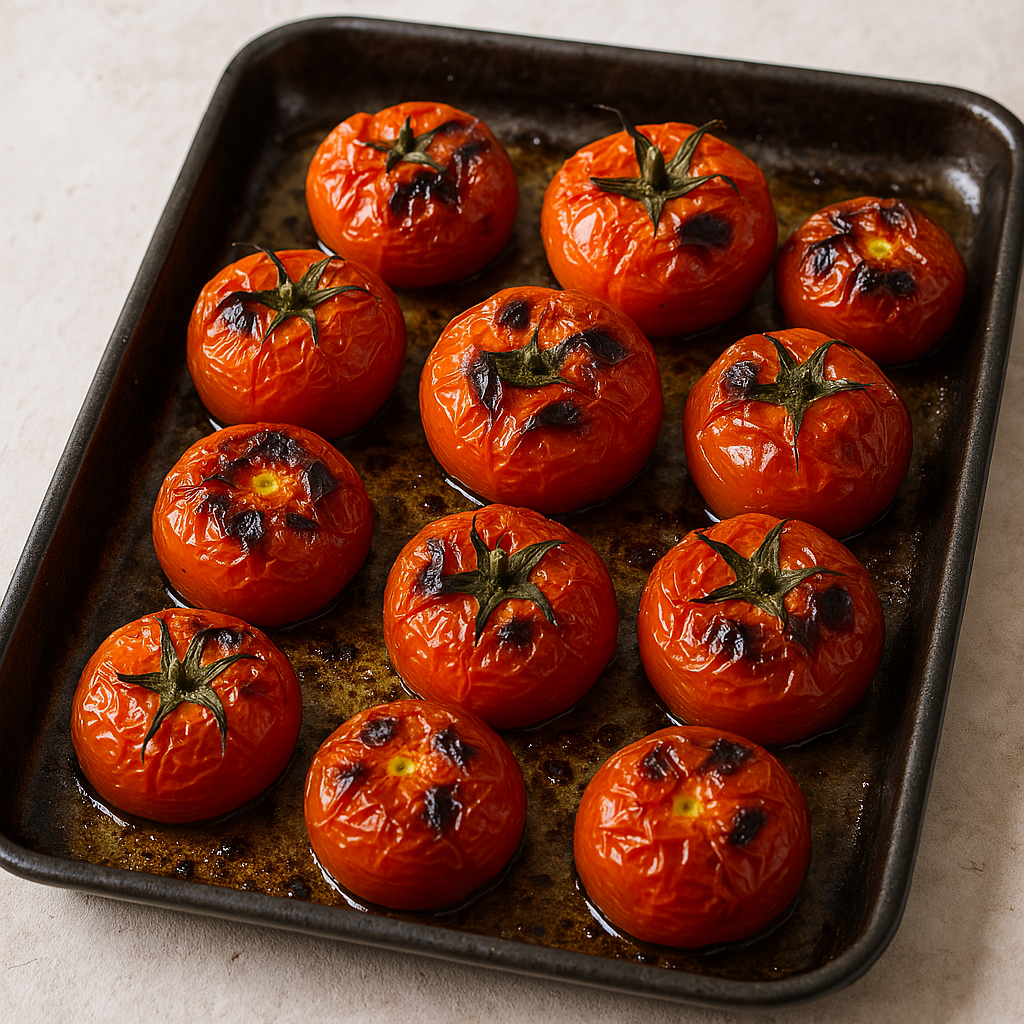
This is the minimalist’s dream. No oil, no pan—just pure tomato essence.
Ingredients:
• 4 ripe tomatoes (any variety)
• Salt to taste
• Optional: fresh basil, olive oil, lemon zest
Instructions:
1. Place tomatoes in a steamer basket over boiling water.
2. Cover and steam for 5–7 minutes until skins loosen and flesh softens.
3. Remove and peel if desired.
4. Serve warm or chilled with a drizzle of olive oil and fresh herbs.
Serving Ideas: Slice and layer on toast with ricotta, toss into pasta, or serve alongside grilled fish.
Visual Tip: For reels or photography, use heirloom varieties with vibrant colors—yellow, green, and deep red—to create a rainbow effect on the plate.
Stuffed Steamed Tomatoes
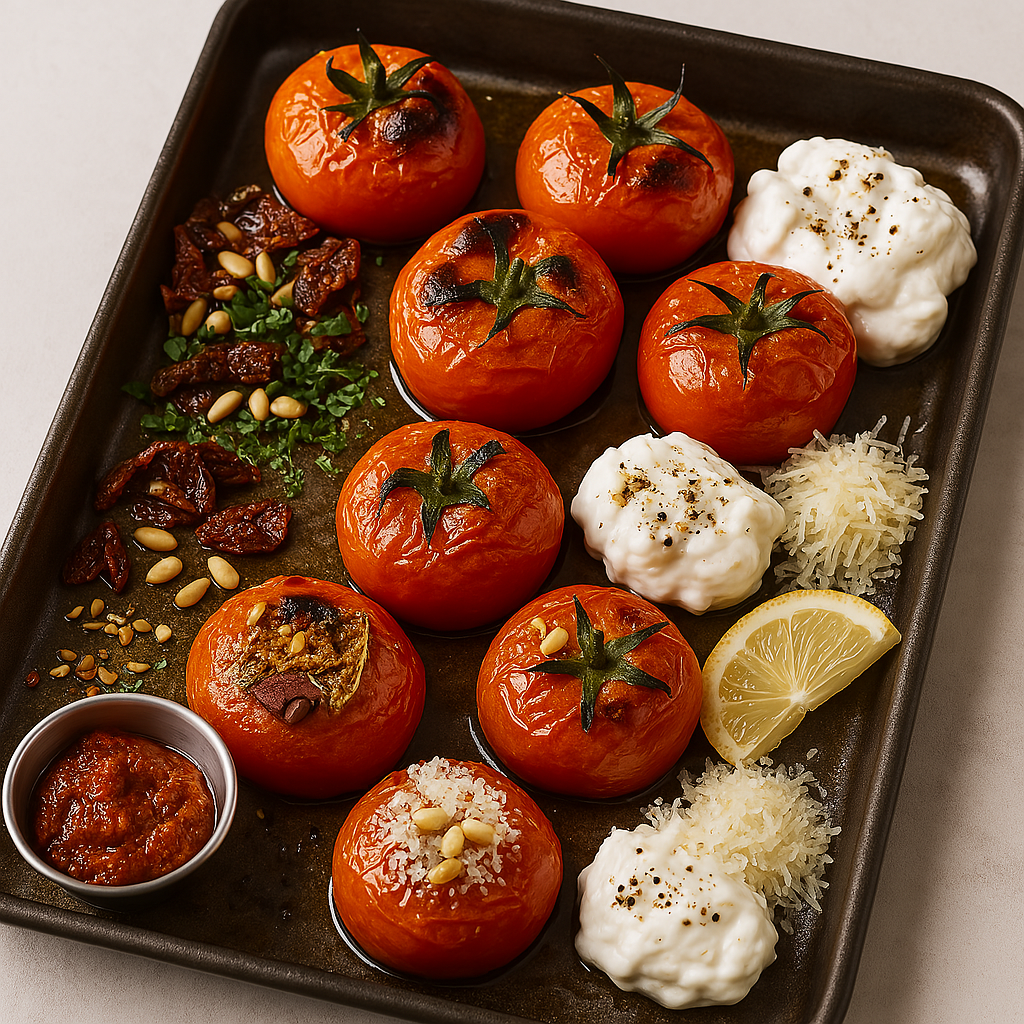
This version transforms tomatoes into a hearty, savory main dish. Think of it as a Mediterranean dumpling—soft, juicy, and bursting with flavor.
Ingredients:
• 6 medium tomatoes
• 200g ground lamb or chicken
• ½ cup cooked rice or bulgur
• 1 onion, finely chopped
• 2 cloves garlic, minced
• Fresh parsley, mint, salt, pepper
• Optional: knob of butter or lamb fat
Instructions:
1. Core and hollow out tomatoes.
2. Mix meat, rice, herbs, and spices in a bowl.
3. Stuff tomatoes generously and top each with a small piece of butter.
4. Place in a steamer basket and steam for 15–20 minutes until meat is cooked and tomatoes are tender.
Serving Ideas: Plate over a bed of couscous or drizzle with yogurt-tahini sauce.
Styling Tip: Use rustic props—wooden boards, linen napkins, and macro shots of the filling bursting out—for a cozy, homestyle vibe.
Steamed Tomato Juice
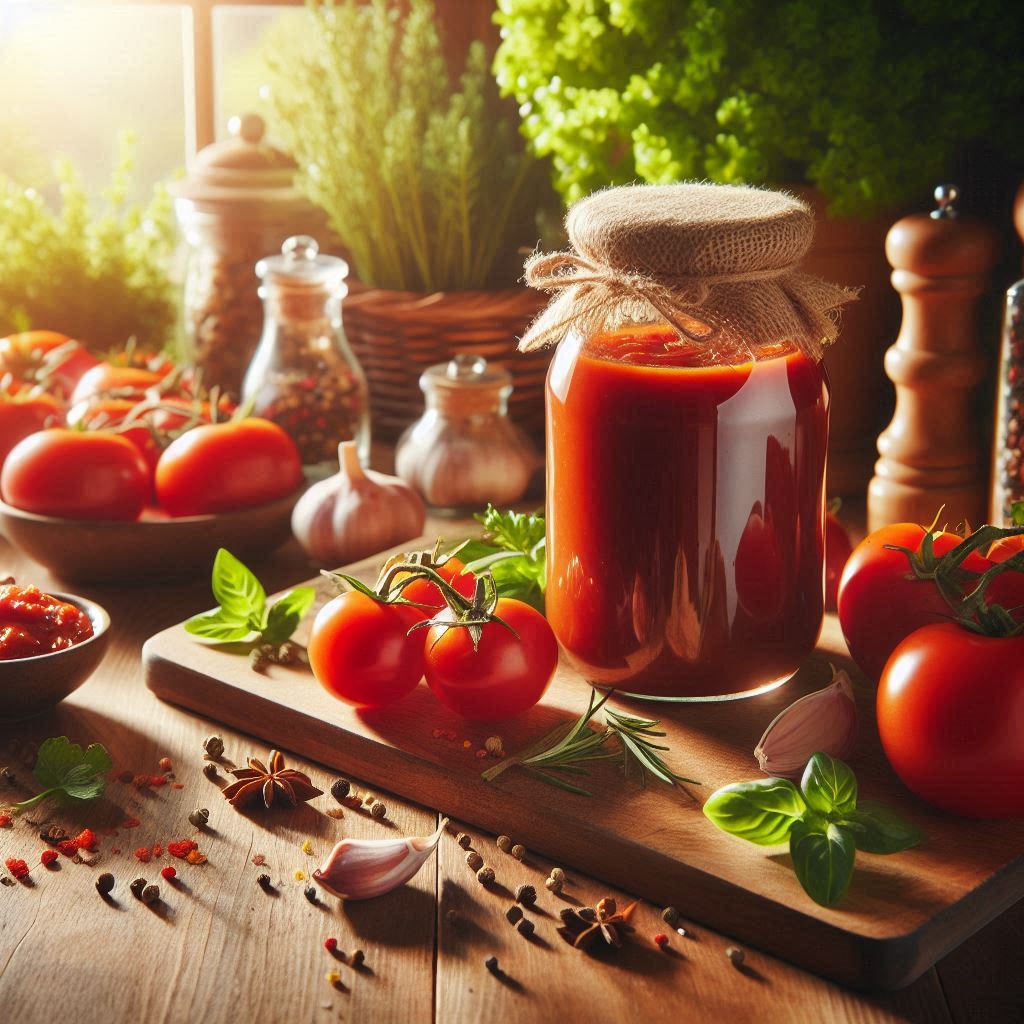
For purists and preservers, steaming tomatoes for juice is a clean, efficient method that retains flavor and nutrients.
Equipment:
• Steam juicer (or a DIY setup with a colander and pot)
Instructions:
1. Quarter tomatoes and place in the top chamber of the steam juicer.
2. Steam for 30–45 minutes until juice collects in the bottom chamber.
3. Bottle and refrigerate or can for long-term storage.
Use Cases: Sip chilled, use in cocktails, or as a base for soups and sauces.
Creative Angle: Capture the juice dripping into a glass jar with backlighting for a dramatic reel moment.
Seafood & Steamed Tomatoes
Tomatoes and seafood are a match made in culinary heaven. Their acidity balances the brininess of shellfish, and steaming keeps both components tender and moist.
Steamed Clams with Tomatoes
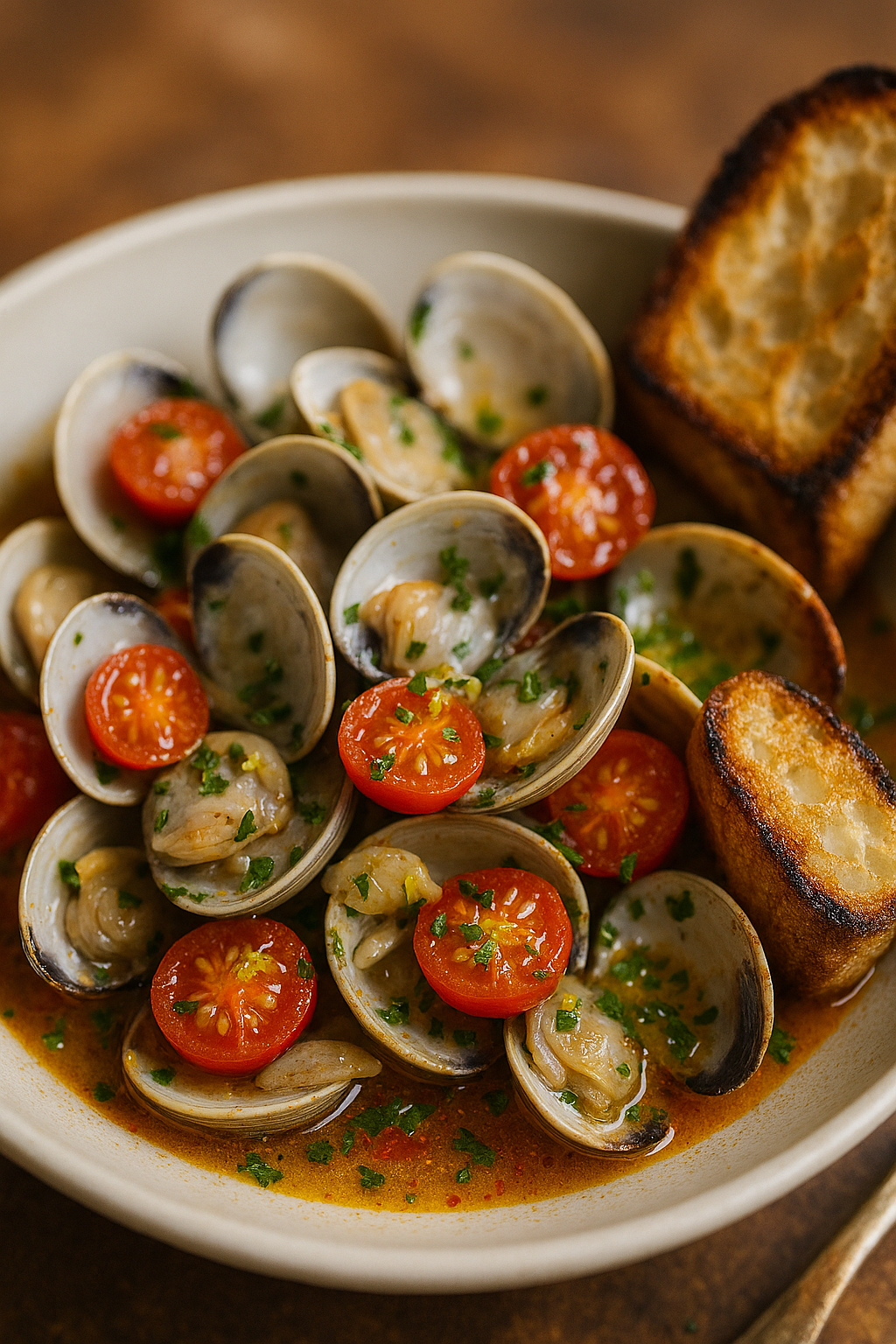 Steam clams with halved cherry tomatoes, garlic, and white wine.
Steam clams with halved cherry tomatoes, garlic, and white wine.- Finish with parsley and lemon zest
- Serve in a shallow bowl with crusty bread and a drizzle of chili oil.
- Use a wide aperture to blur the background and highlight the glistening clams and tomatoes.
For Photography:
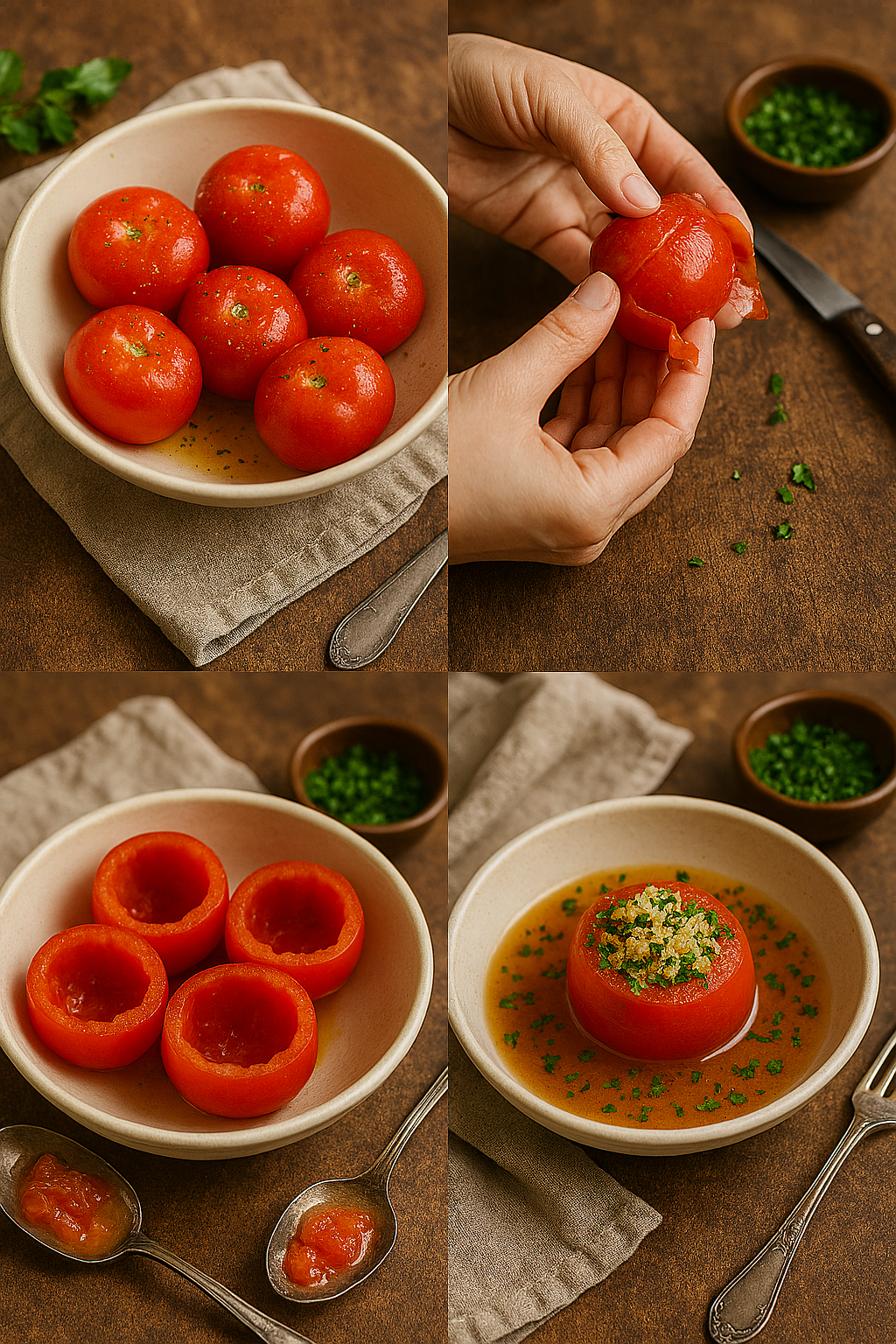
• Use natural light and macro lenses to capture texture.
• Style with rustic props: wooden boards, vintage cutlery, linen cloth.
• Garnish with fresh herbs for contrast and dimension.
• Include step-by-step photos or illustrations.
• Offer printable recipe cards.
• Embed short video loops or GIFs of key moments (like peeling or stuffing).
Steamed tomatoes are low in calories, high in antioxidants, and easy on digestion. They’re ideal for weight management, heart health, and skin glow.
Wrapping Up
Steamed tomatoes may not be flashy, but they’re quietly transformative. They offer a canvas for creativity—whether you’re stuffing them with savory fillings, pairing them with seafood, or styling them for a reel that stops the scroll.
Their simplicity is their strength, and their versatility makes them a must-have in any content creator’s culinary toolkit.
So next time you reach for a tomato, consider giving it the steam treatment. Your taste buds—and your followers—will thank you.
Leave a Reply